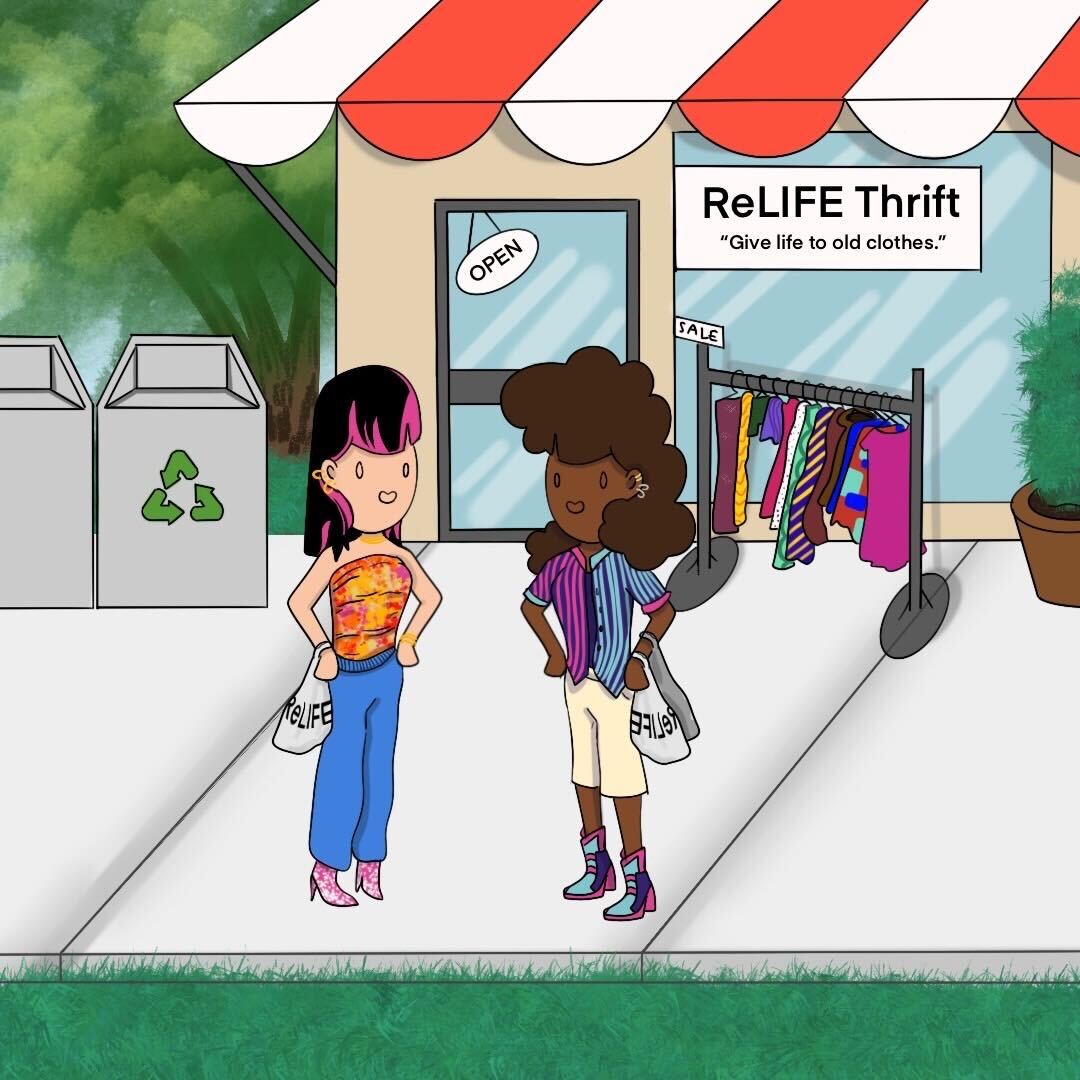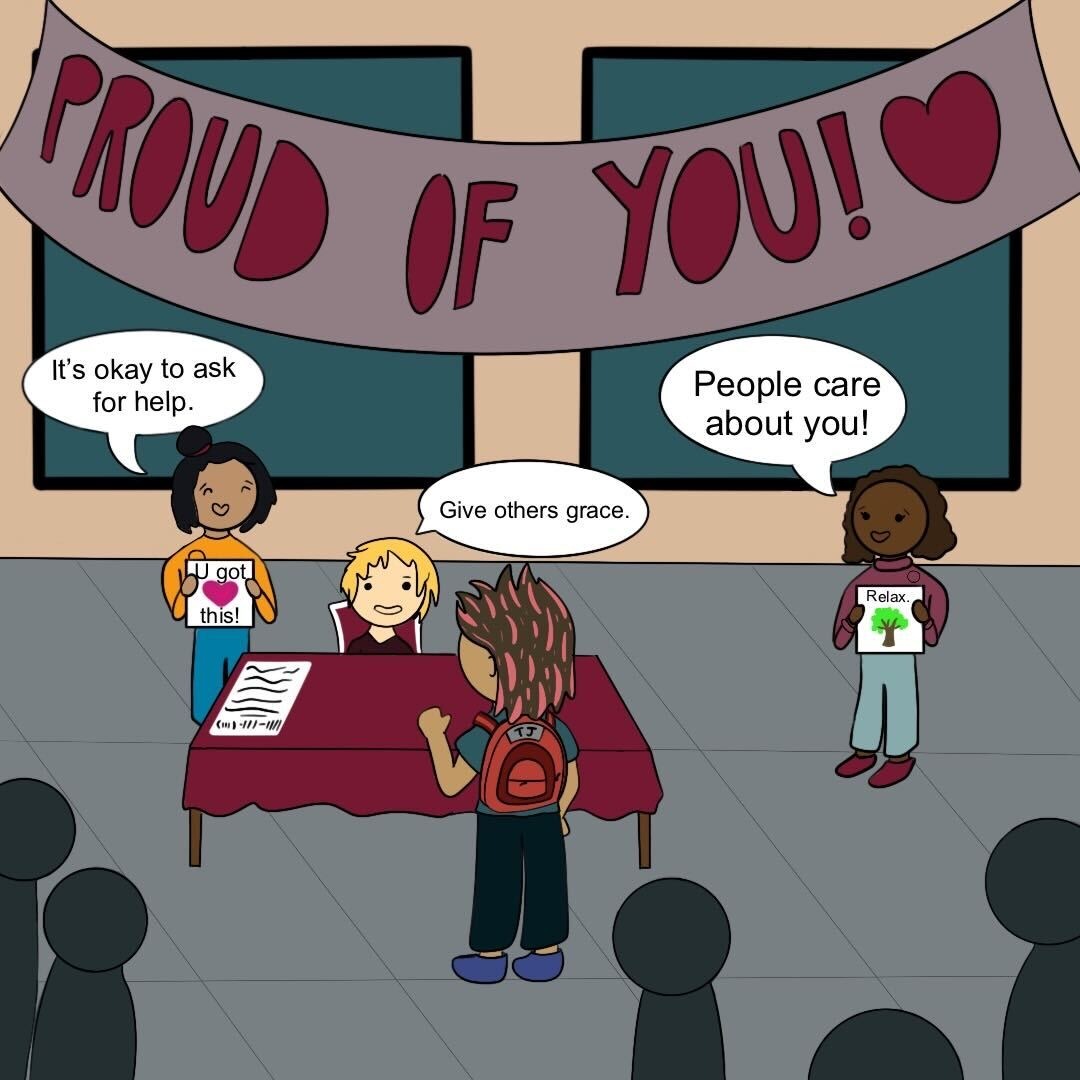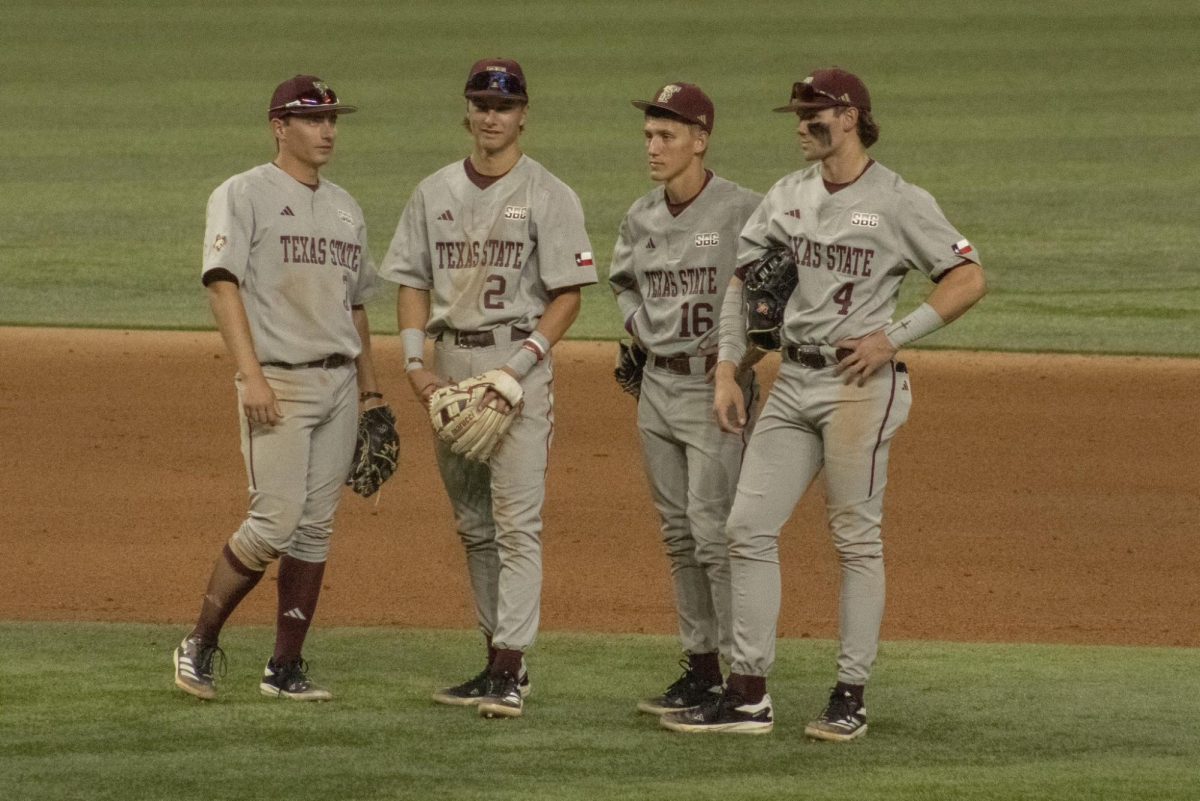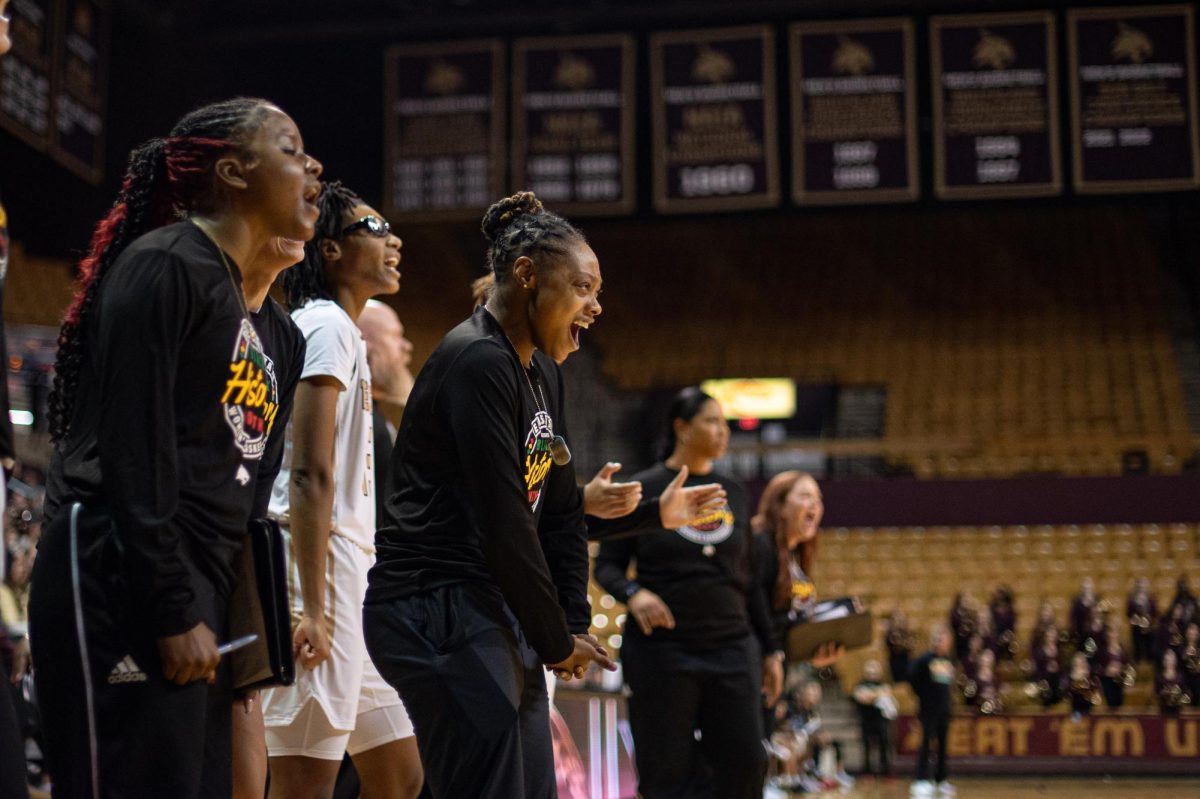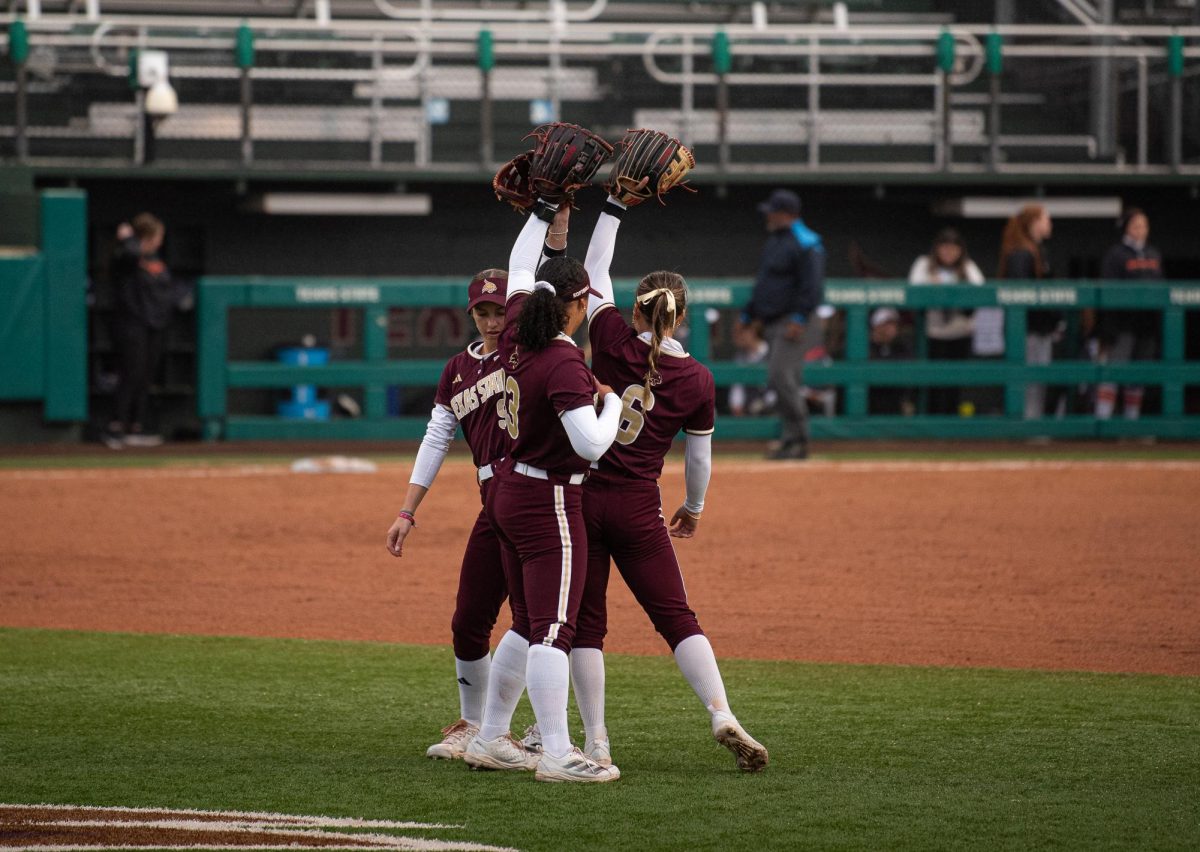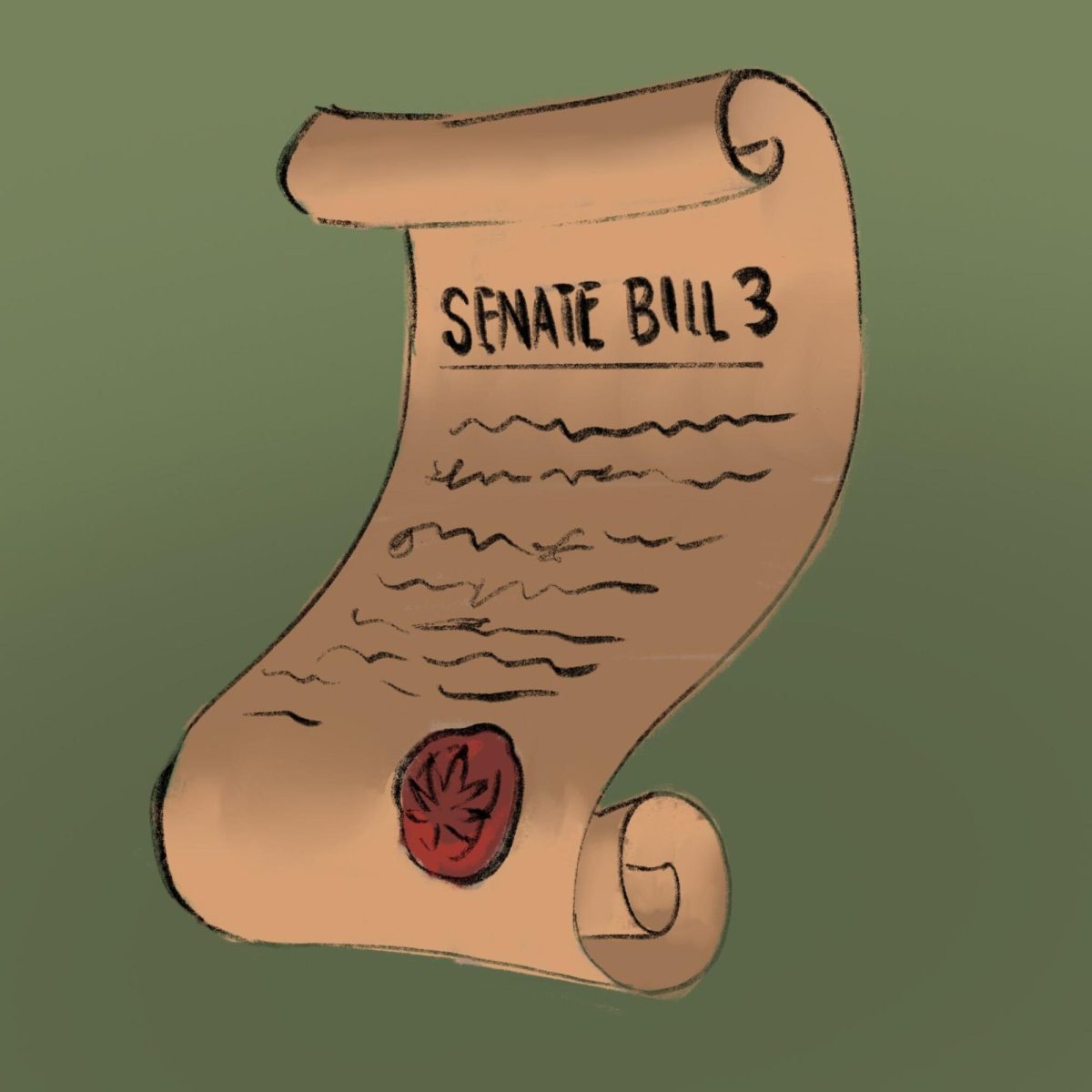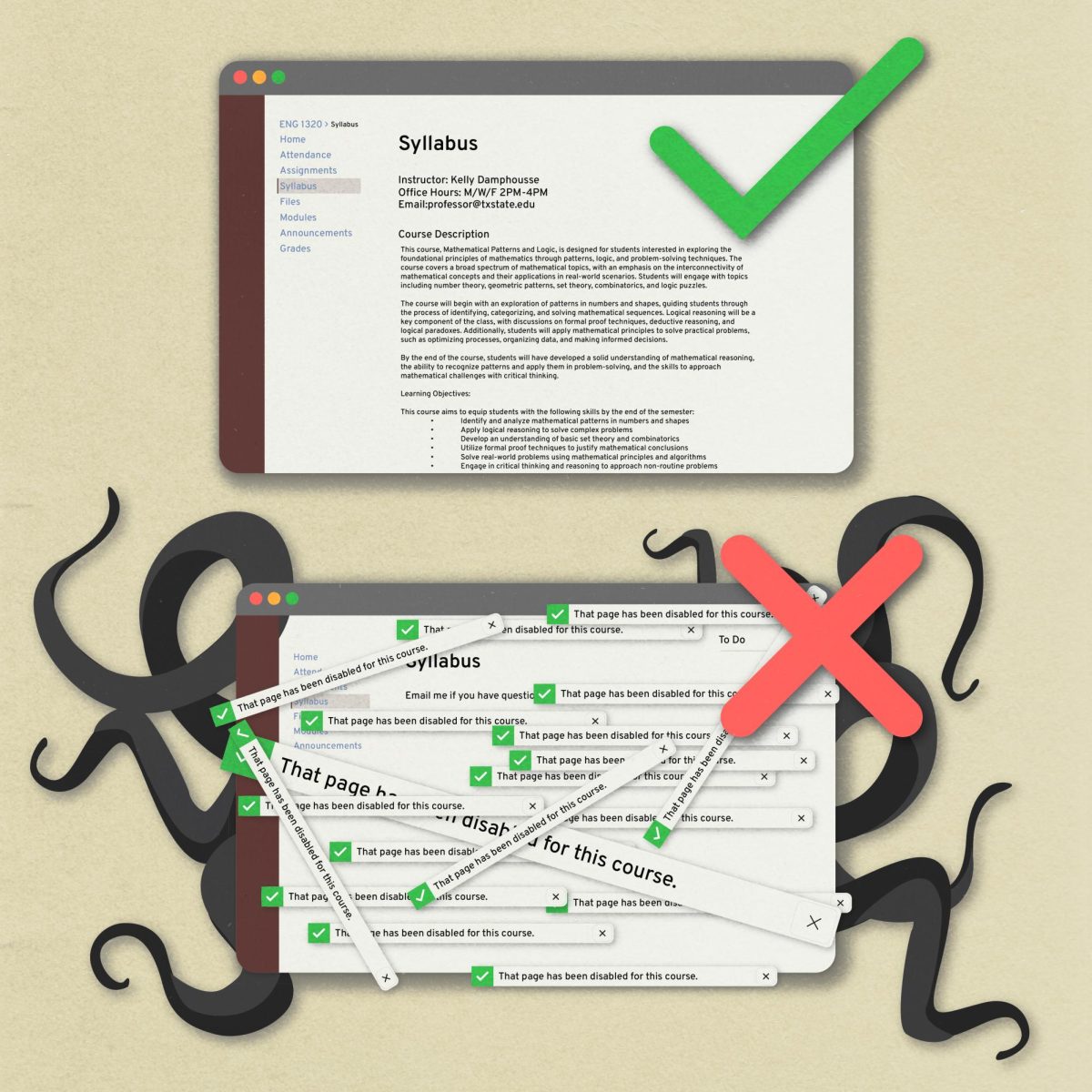Voting is more than just a right, it is a civic duty. Not only does voting benefit those in the present, it reaffirms that the decisions made today impact the future.
When it comes to civic engagement, people of color and other minorities face unique challenges, such as voter suppression. According to the League of Women Voters, voter suppression occurs when systems are implemented to challenge and discourage specific demographics from casting a ballot.
The League of Women Voters also states, “The most widely used forms of voter suppression include discriminatory voter ID and proof-of-citizenship restrictions, reduced polling place hours in communities of color, the elimination of early voting opportunities and illegal purges of voters from the rolls.”
Preventing voter suppression is especially important at universities. In 2018 voter suppression among college students was pertinent at Texas State. According to The University Star, there was a request from the North Hays GOP President Wally Kinny to keep on campus voting limited to three days after it was suggested the lack of times could contribute to voter suppression.
Due to forms of voter suppression that marginalized communities face, it is easy to understand why some students of color might perceive voting as an arduous task. It’s important to understand this fact as Texas State has an “overall minority enrollment of over 50%.”
Lillian Swearingen, a student leader for Texas Rising at Texas State, said it is not typical forms of voter suppression, like gerrymandering, impacting students of color. Rather, it is the preconceived notions these students have about voting based on how their families were impacted by voter suppression.
“When students who have grown up in these environments come to college, it is not so much ‘should I vote or shouldn’t I vote,’” Swearingen said. “I think it may be a little bit more like voting just takes too much time and effort.”
In addition, as more people vote, the representation of the population becomes more diverse. As the presidential race will be on the ballot this November, the stakes are even higher, and a multicultural perspective is especially important as injustices are becoming more frequent. The racially motivated hate crime in the Woods Street Parking Garage is a devastating example that showcases the importance for minority groups to use their voice and call for change to benefit the whole.
Overall, voting is important for minority groups at Texas State because it was a withheld right for so long. According to The Carnegie Cooperation of New York, the Voting Rights Act, which barred many practices that states had to prevent African Americans from casting their votes, had a central component that protected preclearance overturned in 2013 in Shelby County v. Holder. This illustrates how constant the battle is to keep power with the people, especially minority groups.
Although some students likely find themselves questioning how truly important their one vote is, they must recognize if voting was not important, there would be no need to withhold it from marginalized groups in the past.
Swearingen said another issue that contributes to a lack of student voting is many students don’t believe their vote will change anything.
However, one vote can make a huge change, especially in local elections. According to the Center for American Progress, in 2016 over 340 state office elections were determined by less than 500 votes.
Therefore, a vote is never wasted. Even if voting seems tedious, students should still vote. Being able to have an impact and make a change in the local community is rewarding as students are seeing the direct fruits of their labor.
For those planning to vote on campus, according to Texas State Student Involvement, the polling location is room 306 in the LBJ Student Center. Early voting starts on Oct. 21 and ends on Nov. 1.
-Madison Green is a psychology and advertising senior
The University Star welcomes Letters to the Editor from its readers. All submissions are reviewed and considered by the Editor in Chief and Opinions Editor for publication. Not all letters are guaranteed for publication.





